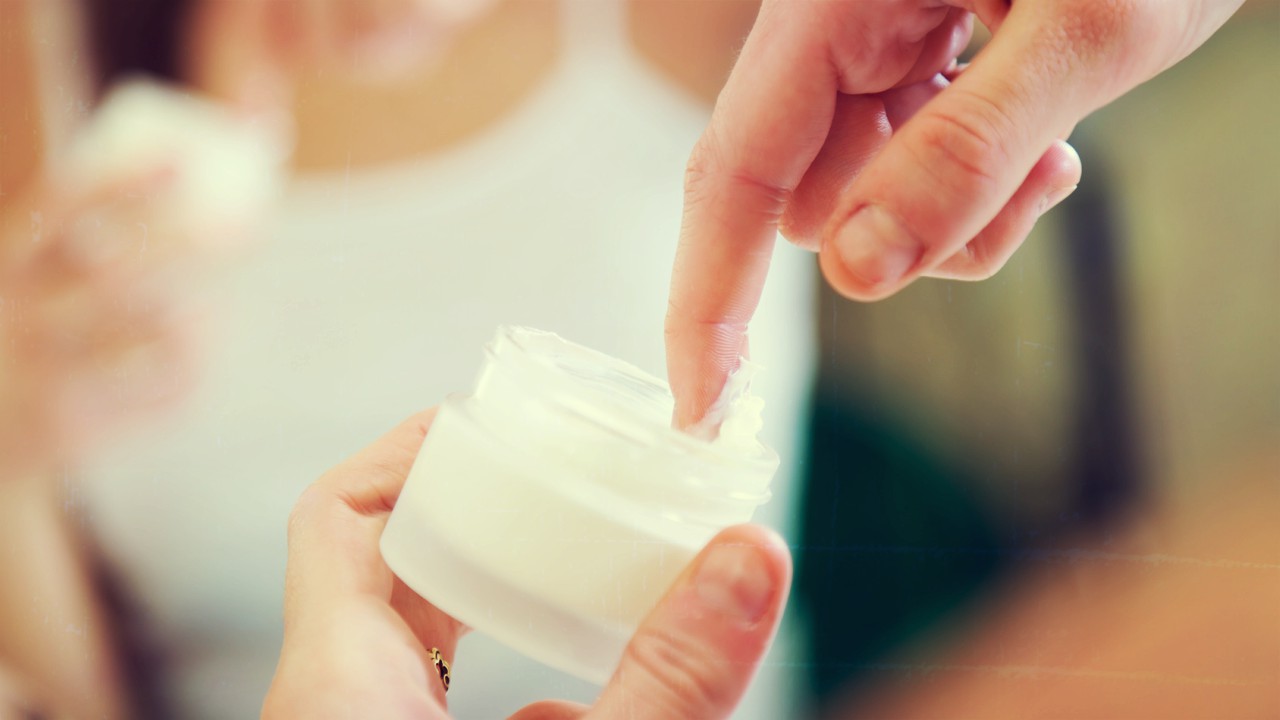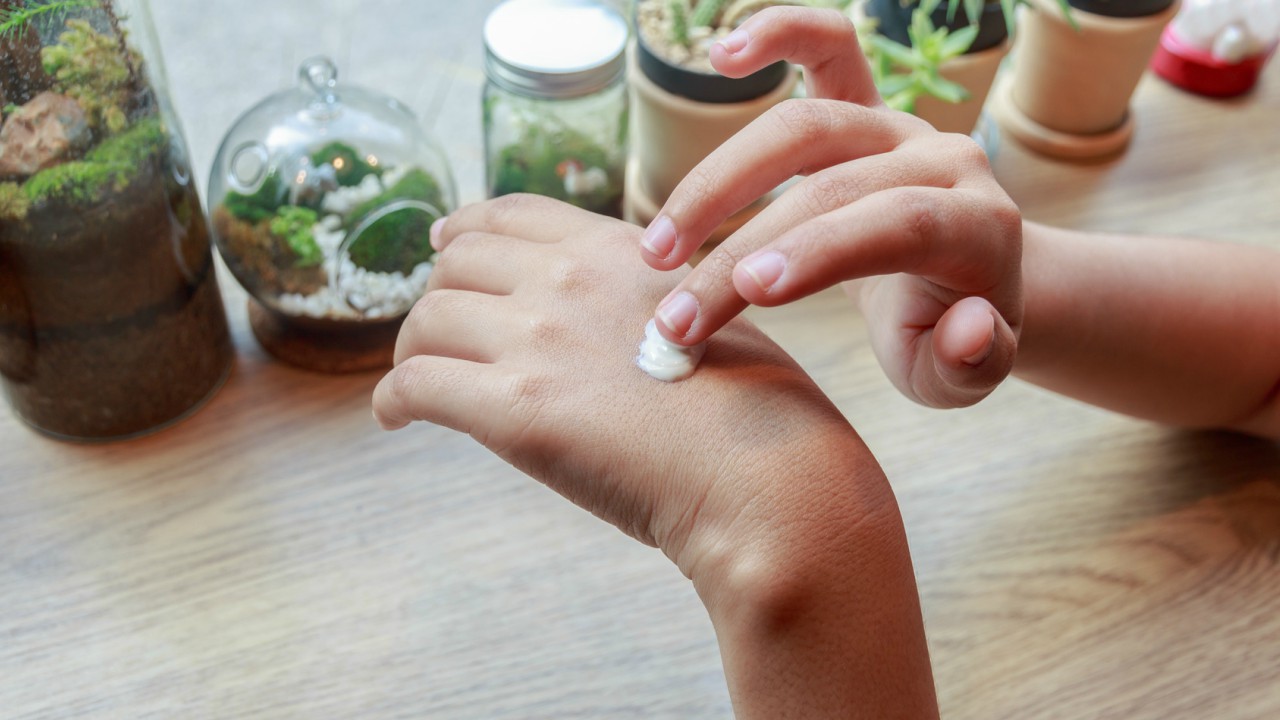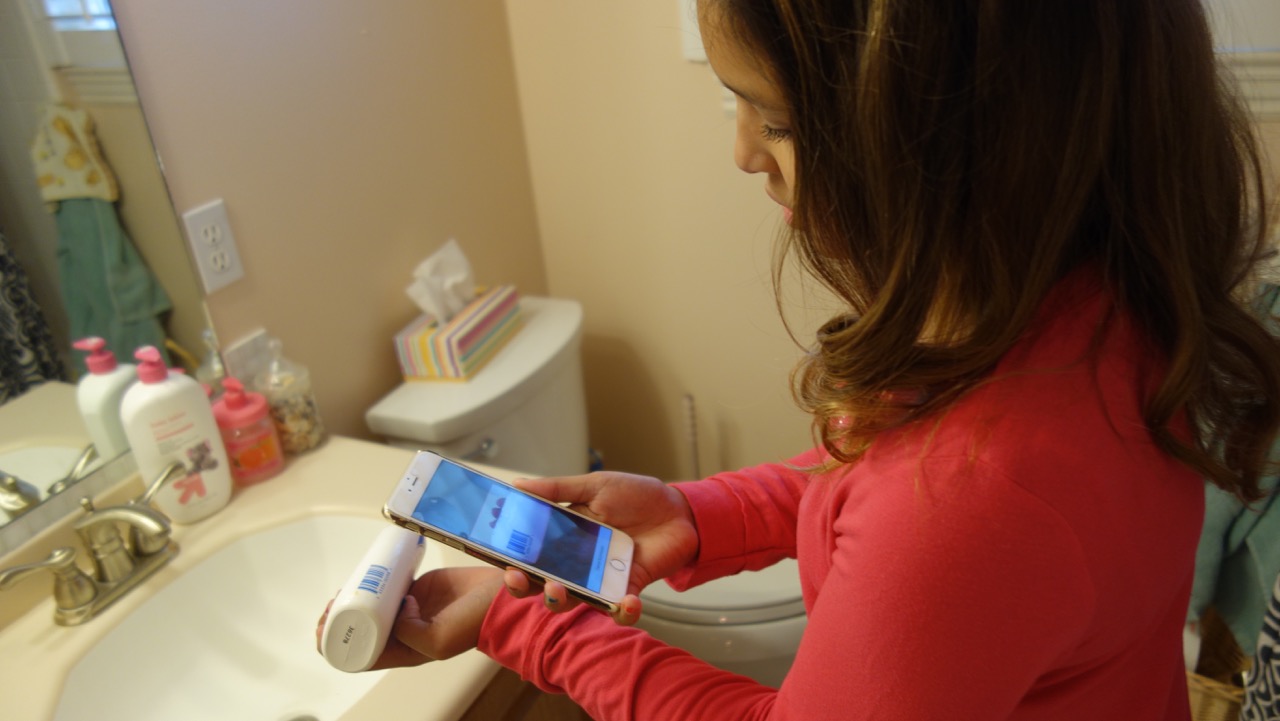 Via Pexels, edited by Kaitlyn Thompson
Via Pexels, edited by Kaitlyn Thompson
When it comes to skin cancer, there are many myths. How many of them have you heard and believed? Here we separate the facts from fiction.
1) Myth:
Tanning beds are safer than tanning outdoors.
Fact:
Common indoor tanning beds may give out as much as 12 times the annual ultraviolet A dose as sun exposure does, according to the Skin Cancer Foundation. The U.S. News & World Report states that one indoor tanning session can increase the risk of melanoma by 20 percent.
2) Myth:
Suspicious moles can always be cut off before turning cancerous.
Fact:
Sometimes, what seems to be a chronic sore or a mole that has changed in size or color is actually more serious by the time those changes have occurred. They could be precursors to skin cancer, warns The American Society for Dermatologic Surgery.
3) Myth:
People with many moles are the only ones at higher risk of skin cancer.
Fact:
Nobody is exempt. Everyone needs to be on guard for any changes in individual moles or skin spots, U.S. News reports.
4) Myth:
It isn’t possible to get sun damage on a cloudy day.
Fact:
Up to 80 percent of the sun’s UV rays are able to penetrate clouds and fog, states the Skin Cancer Foundation.
5) Myth:
Base tans are healthy and shield the skin from sun damage.
Fact:
A base tan may delay sunburn, but it doesn’t prevent damage from ultraviolet radiation. When a body tans, it’s trying to defend itself against ultraviolet radiation exposure by increasing the skin’s pigment, MD Anderson Cancer Center cautions.
6) Myth:
People of color aren’t at risk of skin cancer.
Fact:
Naturally dark people do have a much lower risk of skin cancer than fair-skinned people, but they are not immune to the disease. If they experience overexposure to the sun, malignancies can still develop and they can suffer different forms of UV damage. Furthermore, skin cancer cases in people with darker skin are often not detected until the later stages when it is most dangerous, ASDS explains.
7) Myth:
Skin cancer only develops on areas that have had too much sun exposure.
Fact:
While skin cancer does most often occur in areas that are frequently exposed to direct sunlight, MD Anderson states that it can also develop on areas that are usually covered.
8) Myth:
Skin cancer only affects older people, not teenagers and young people.
Fact:
Melanoma is the most common form of cancer in people who are 25 to 29 years of age, writes ASDA.
9) Myth:
Only people who spend in the sun and don’t use sunscreen can get skin cancer.
Fact:
Even though limiting sun exposure can reduce the risk of skin cancer, it isn’t simply reduced to zero, MD Anderson advises. Family history and genetics play a role.
Sources:
ASDS — American Society for Dermatologic Surgery. American Society for Dermatologic Surgery. Web. 27 July 2015.
https://www.asds.net/10-Skin-Cancer-Myths-Debunked
Crane, Kristine. Common Myths About Skin Cancer Debunked. US News. U.S.News & World Report. Web. 27 July 2015.
http://health.usnews.com/health-news/patient-advice/articles/2014/11/06/common-myths-about-skin-cancer-debunked
House Call: Myths and Facts About Skin Cancer. House Call: Myths and Facts About Skin Cancer. Web. 27 July 2015.
http://www2.mdanderson.org/depts/oncolog/articles/13/5-may/5-13-hc.html
Skin Cancer Foundation. Skin Cancer Myths vs. Facts. Web. 27 July 2015.
http://www.skincancer.org/skin-cancer-information/skin-cancer-facts/myths-vs-facts
Reviewed August 3, 2015
by Michele Blacksberg RN
Edited by Jody Smith




Add a CommentComments
There are no comments yet. Be the first one and get the conversation started!